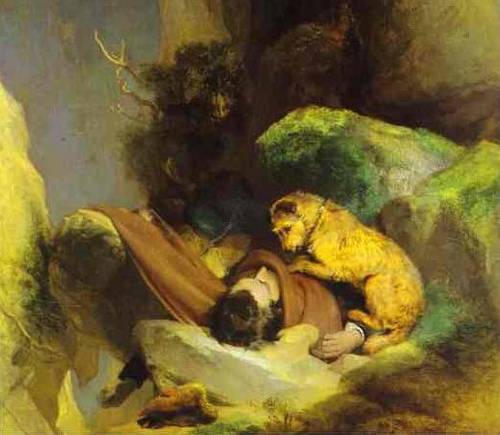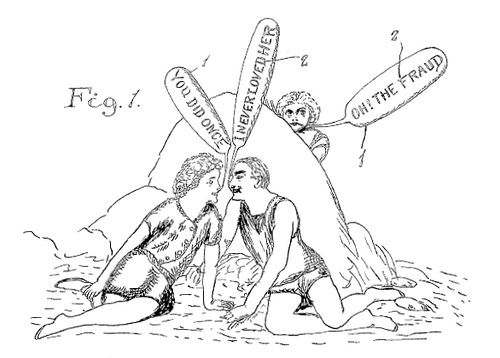A wandering tribe, called the Siouxs,
Wear moccasins, having no shiouxs.
They are made of buckskin,
With the fleshy side in,
Embroidered with beads of bright hyiouxs.
When out on the war-path, the Siouxs
March single file–never by tiouxs–
And by “blazing” the trees
Can return at their ease,
And their way through the forests ne’er liouxs.
All new-fashioned boats he eschiouxs,
And uses the birch-bark caniouxs;
These are handy and light,
And, inverted at night,
Give shelter from storms and from dyiouxs.
The principal food of the Siouxs
Is Indian maize, which they briouxs,
And hominy make,
Or mix in a cake,
And eat it with pork, as they chiouxs.
Now, doesn’t this spelling look cyiouxrious?
‘Tis enough to make any one fyiouxrious!
So a word to the wise!
Pray our language revise
With orthography not so injiouxrious.
— Charles Follen Adams


